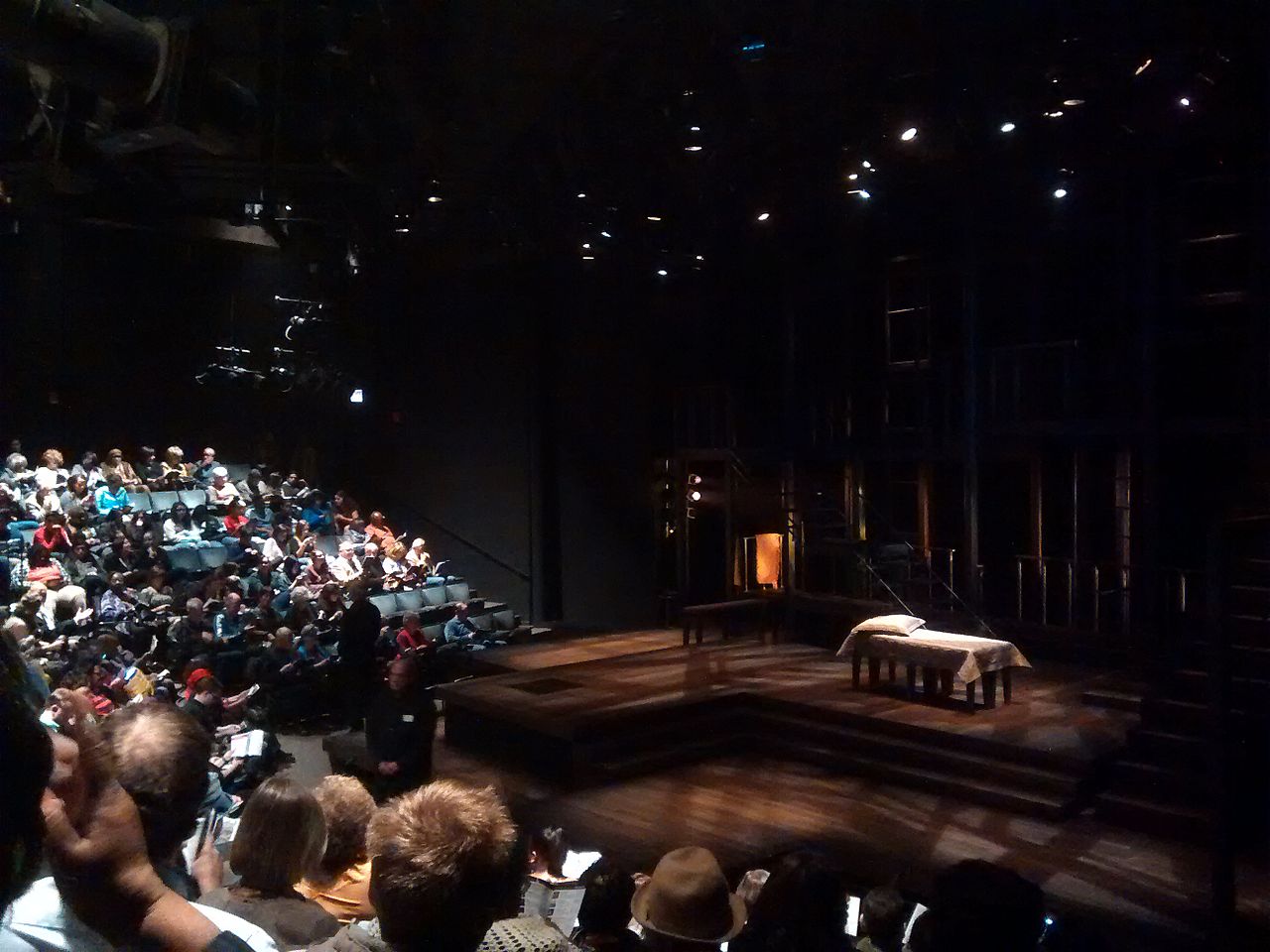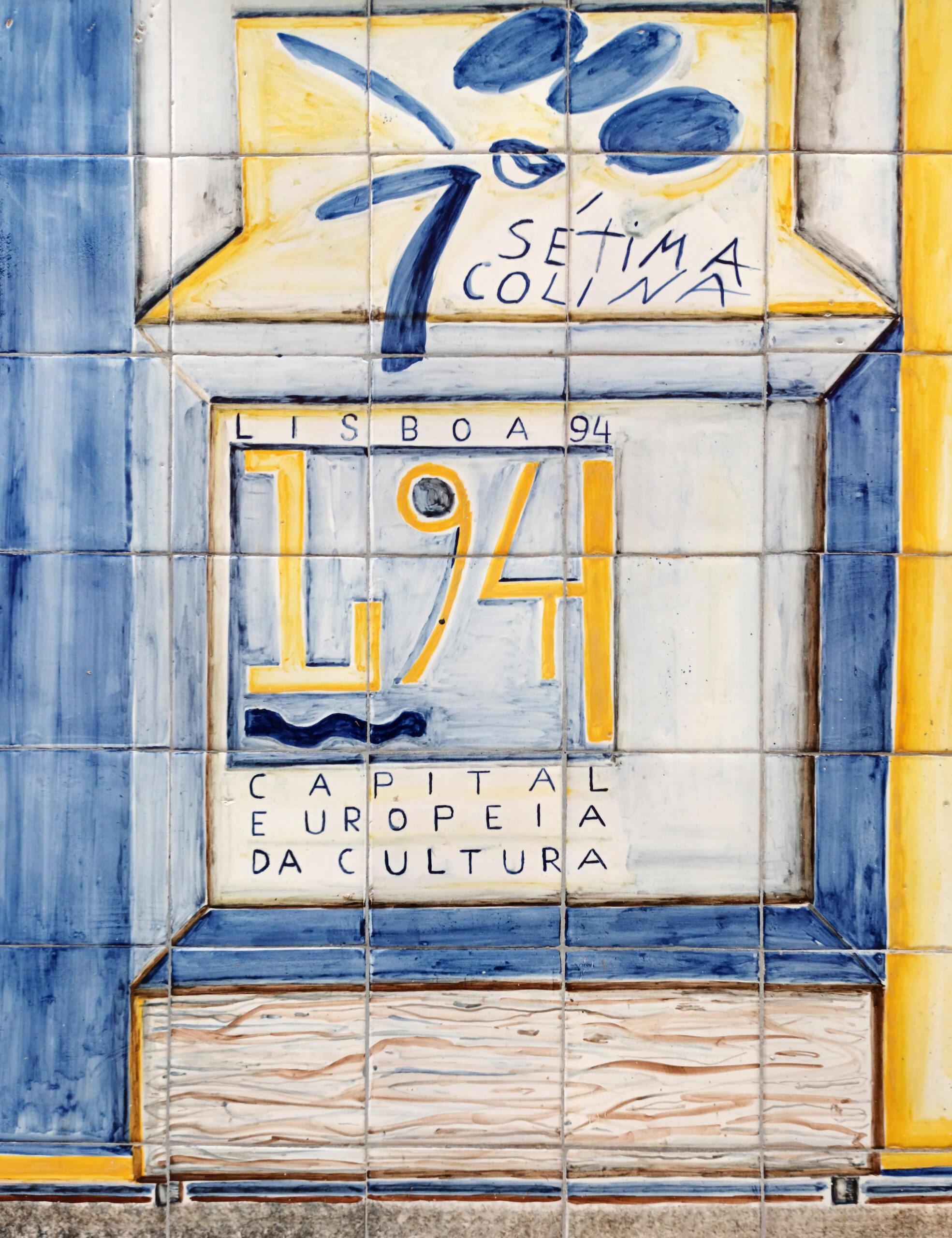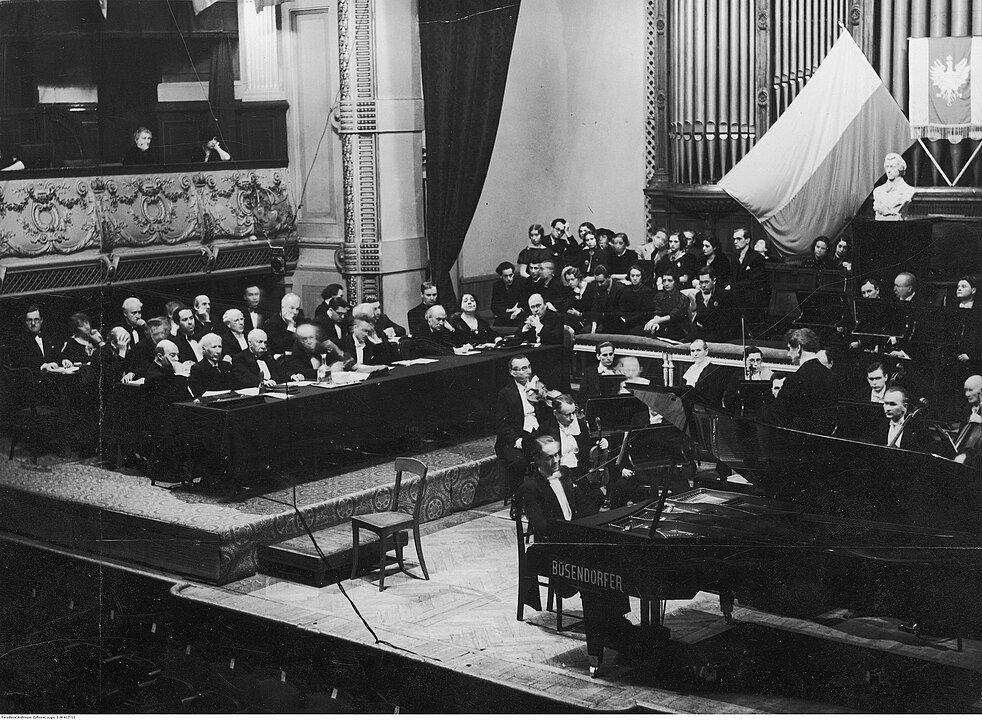As we bid farewell to another year, it is only fitting to take a moment to reflect on the cultural tapestry that defined 2023. From groundbreaking exhibitions to thought-provoking performances, the past year has left an indelible mark on the world of cultural economics. Join us as we revisit some of the major events and news that shaped the cultural landscape in 2023 and the work economists have published about it.
The Profound Value of Culture in 2023
Beyond its aesthetic and emotional significance, culture holds immense value on both intrinsic and economic levels. Intrinsic value is found in the enrichment of our lives, fostering a sense of identity, belonging, and shared humanity. Culture serves as a mirror reflecting our collective experiences, traditions, and values, shaping the narratives that bind communities together. Moreover, cultural diversity contributes to the resilience and adaptability of societies, offering a wealth of perspectives crucial for navigating an ever-changing world.
Urban violence severely limits the fundamental freedom of mobility, particularly in areas most affected, where people fear walking and avoid unnecessary outings, especially at night when cultural activities typically occur. A paper titled “How does urban violence impact choices of cultural participation? The case of the Maré favela complex in Rio de Janeiro”, Luisa Iachan assesses how this fear influences individuals to consume music and movies in private spaces instead of attending public venues like movie theaters and concerts. Meanwhile, in “Realizing the Values of Art,” the authors, Erwin Dekker and Valeria Morea, argue that the arts thrive in cultural civil society, emphasizing the importance of artistic communities, amateurs, and active audiences in realizing diverse values. The book discusses why cultural civil society is often overlooked in arts discussions, its significance, and how society and public policy can support its flourishing. Lastly, Lyudmila Petrova and Arjo Klamer underscore the deserving credit for artists, creatives, and cultural organizations contributing to society through arts, culture, and artistic education, while acknowledging the challenges in appraising and communicating the societal impacts of their work.
Virtual Realities and the Metaverse Take Center Stage:
The year 2023 marked a turning point in the cultural sphere as the metaverse became more than just a buzzword. Cultural institutions and artists embraced virtual realities to reach wider audiences and create immersive experiences. Museums hosted virtual exhibits, artists crafted digital installations, and cultural economists began exploring the economic implications of this shift towards the metaverse. Marie Ballarini and Charles Alexandre Delestage investigate the interaction between artistic and pedagogical objectives within VR mediation tools developed in partnership with cultural institutions. The creators seek to forge powerful emotional connections between visitors and cultural heritage objects. However, the introduction of diverse narrative design elements may potentially interfere with this connection, impacting the overall quality of the experience.
Redefining business models :
The evolving business models underscored the need for flexibility, technological integration, and a redefined relationship between creators, institutions, and the art-consuming public. As we move forward, the art world is navigating a dynamic intersection of tradition and innovation, with the business models of museums and galleries reflecting a bold and adaptive response to the digital age.
Elisabetta Lazzaro and Giuliano Picchi emphasize the importance of arts organizations establishing a robust case for support, fostering connections, and promoting shared values to fulfill their citizenship responsibilities within communities. The approach involves cultivating a culture of philanthropy within these organizations, encouraging engagement in development at all levels of the organizational structure. Francesca Pecoraro, Alex Turrini and Mark Volpe, in “Business Models of Contemporary Art Galleries and Art Fair Influence,” examines the key features and dynamics of artistic and commercial practices in art galleries. It explores the interplay with the growing influence of art fairs and its implications for the contemporary art system.
Cultural Equity, Inclusivity and Sustainability:
Diversity and inclusivity took center stage in cultural events and discussions throughout the year. Museums and cultural institutions made concerted efforts to showcase a more representative range of voices and perspectives. This shift had a ripple effect on the cultural economy, prompting businesses and organizations to reevaluate their practices and policies to foster a more inclusive environment.
Maria Marchenko and Hendrik Sonnabend work on the gender pay gap in German visual art reveals that female artists earn less on average and are underrepresented in higher income categories, suggesting potential discrimination. To address this, the study recommends subsidizing female art and expanding public art sponsorship. Silvia Blas Riesgo, Mariangela Lavanga, Mónica Codina, Julia de Koning examine drivers and barriers for sustainable fashion consumption in Spain, focusing on an understudied group of sustainable fashion consumers. The research contributes to attitude-behavior gap literature by comparing this group with the average Spanish consumer, aiming to define factors influencing sustainable fashion consumption.
Hybrid Cultural Experiences:
The COVID-19 pandemic continued to influence the cultural landscape, prompting a reevaluation of how events are experienced. Hybrid models, blending in-person and virtual elements, emerged as a sustainable solution. Festivals, conferences, and performances embraced this approach, opening up new avenues for audience engagement and revenue generation.
The resulting restrictions led individuals worldwide, including the UK, to find alternative ways to socialize and engage with cultural and creative content (CCC). Hasan Bakhshi, Salvatore Di Novo and Giorgio Fazio investigates how lockdown measures in Spring 2020 impacted UK individuals’ digital consumption of CCC, considering variations across content types and socio-demographic groups.
Moreover, the closure of cultural organizations during the pandemic’s first wave underscored the importance of cultural participation in individual well-being. Andrea Baldin and Trine Bille revealed that fervent cultural consumers experienced a more pronounced decline in life satisfaction compared to others during this period.
In the realm of music, the book “Artists and Markets in Music: The Political Economy of Music During the Covid Era and Beyond” Cameron Weber offered a comprehensive exploration. Using a unique “snowball” sampling method, the authors surveyed musicians from January to August 2022, unveiling the significance of serendipity, authenticity, and artists’ entrepreneurial spirit in music production. The study delves into income disparities, the impact of education, and other dynamics, providing valuable insights into the complex landscape of the music industry during the pandemic.
As we step into a new year, the cultural economics landscape is poised for continued evolution. The events and trends of 2023 have laid the groundwork for a future where technology, inclusivity, and virtual experiences play pivotal roles. As cultural economists, it is our responsibility to navigate these changes, fostering a vibrant and sustainable cultural economy that reflects the diversity and dynamism of our world. Here is to a year of growth, innovation, and cultural richness in 2024!






